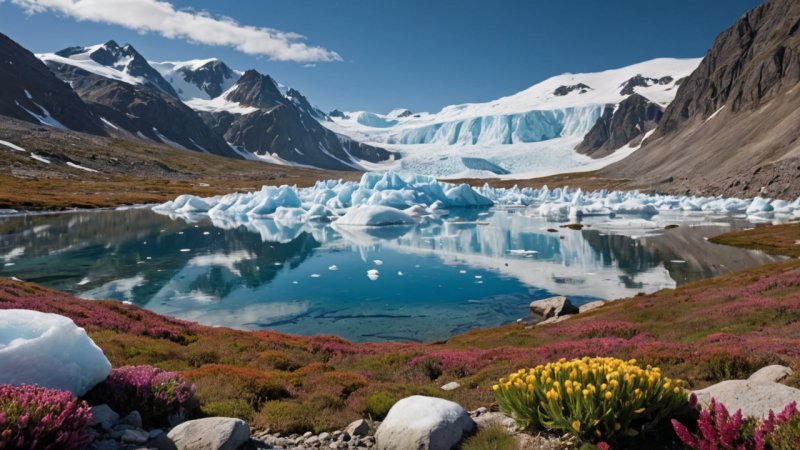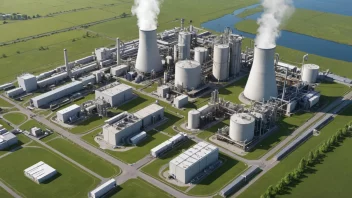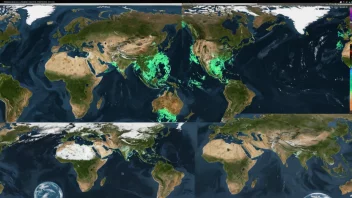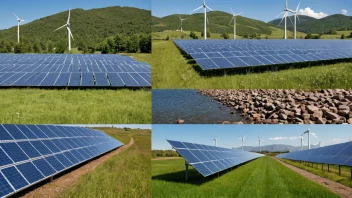What is the role of climate science in conservation?
Climate science plays a crucial role in conservation by providing insights into how climate change affects ecosystems and biodiversity. Understanding these impacts allows conservationists to develop effective strategies to protect vulnerable species and habitats.
How does climate change affect biodiversity?
Climate change can lead to shifts in habitats, altered food availability, and increased competition among species. These changes can result in the decline or extinction of certain species, disrupting entire ecosystems.
What are some key findings from climate science relevant to conservation?
- Species Migration: Many species are migrating to higher altitudes or latitudes in response to changing temperatures.
- Habitat Loss: Rising sea levels and extreme weather events are leading to significant habitat loss, particularly in coastal and freshwater ecosystems.
- Phenological Changes: The timing of natural events, such as flowering and breeding, is shifting, which can misalign species interactions.
What conservation strategies are informed by climate science?
Conservation strategies informed by climate science include:
- Protected Areas: Establishing and managing protected areas that can adapt to climate change.
- Restoration Ecology: Restoring degraded habitats to increase resilience against climate impacts.
- Species Management: Implementing species management plans that consider future climate scenarios.
How can individuals contribute to conservation efforts in light of climate science?
Individuals can contribute by:
- Reducing their carbon footprint through sustainable practices.
- Supporting local conservation organizations and initiatives.
- Participating in citizen science projects that monitor local ecosystems.
What are some successful case studies of climate-informed conservation?
Successful case studies include:
- Coral Reef Restoration: Programs that use climate science to select resilient coral species for restoration.
- Wildlife Corridors: Establishing wildlife corridors that allow species to migrate in response to changing climates.
- Community-Based Conservation: Engaging local communities in conservation efforts that take climate impacts into account.
What challenges do conservationists face in integrating climate science?
Some challenges include:
- Data Gaps: Limited data on how specific species and ecosystems will respond to climate change.
- Funding Constraints: Insufficient funding for research and implementation of climate-informed strategies.
- Policy Barriers: Lack of supportive policies that prioritize climate science in conservation planning.
What is the future of conservation in a changing climate?
The future of conservation will increasingly rely on integrating climate science into all aspects of planning and management. As climate change continues to impact ecosystems, adaptive management and innovative strategies will be essential for preserving biodiversity.
Final Thoughts: Climate science is an indispensable tool for effective conservation efforts. By understanding the impacts of climate change on ecosystems, conservationists can develop strategies that not only protect species but also enhance ecosystem resilience in a changing world.






